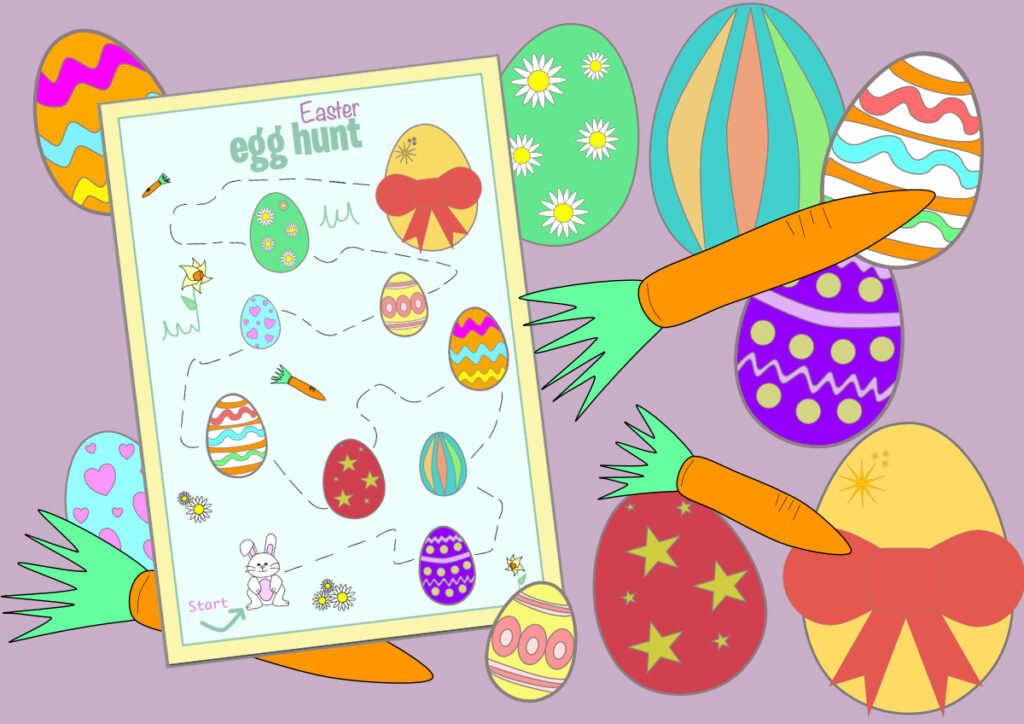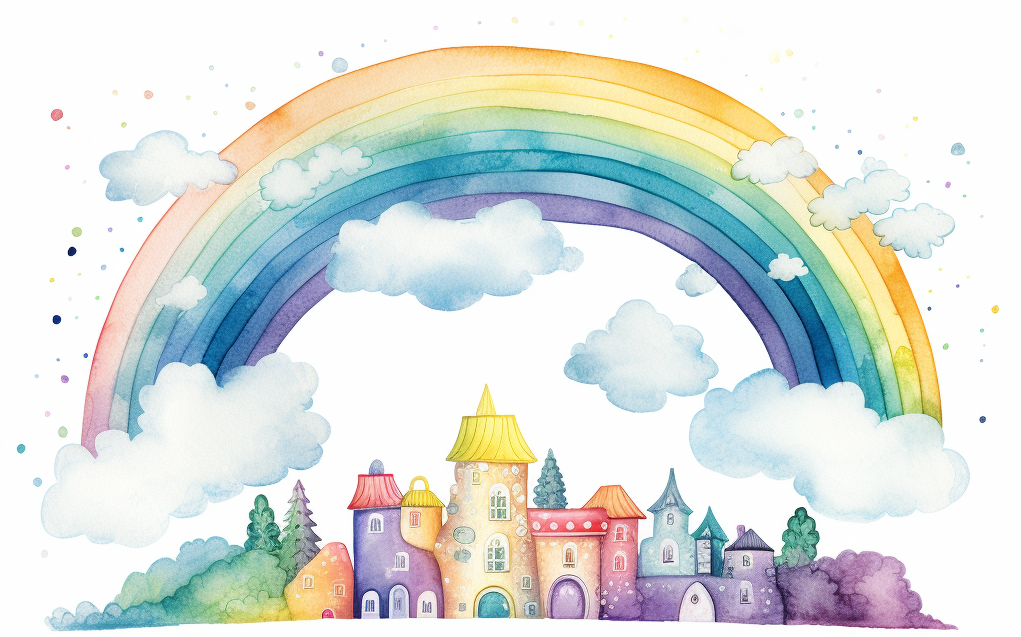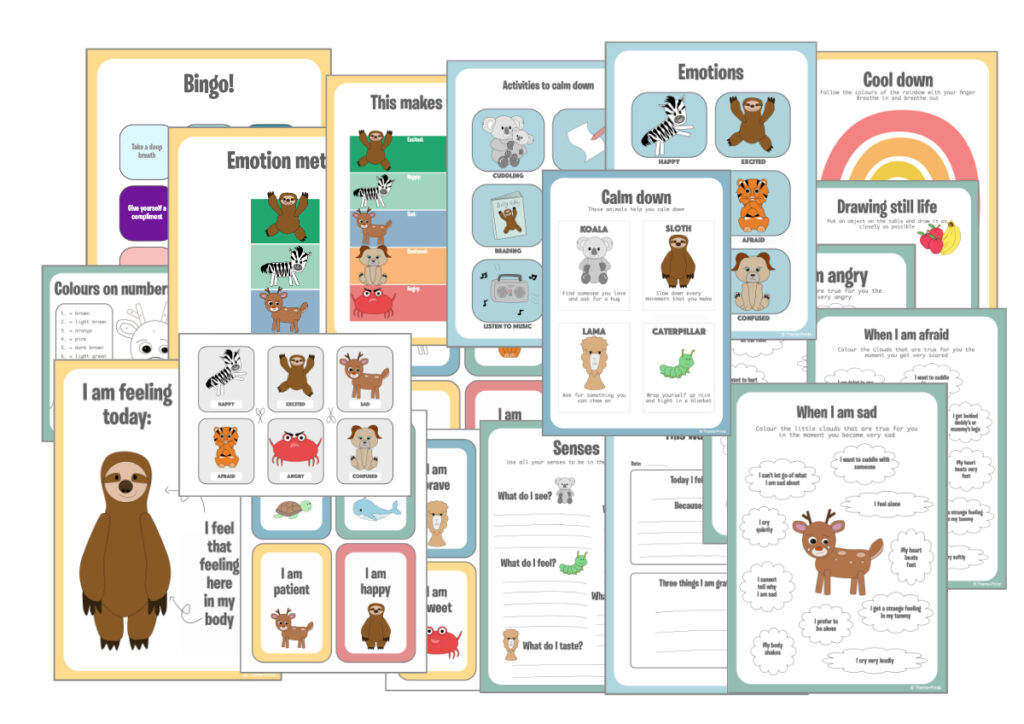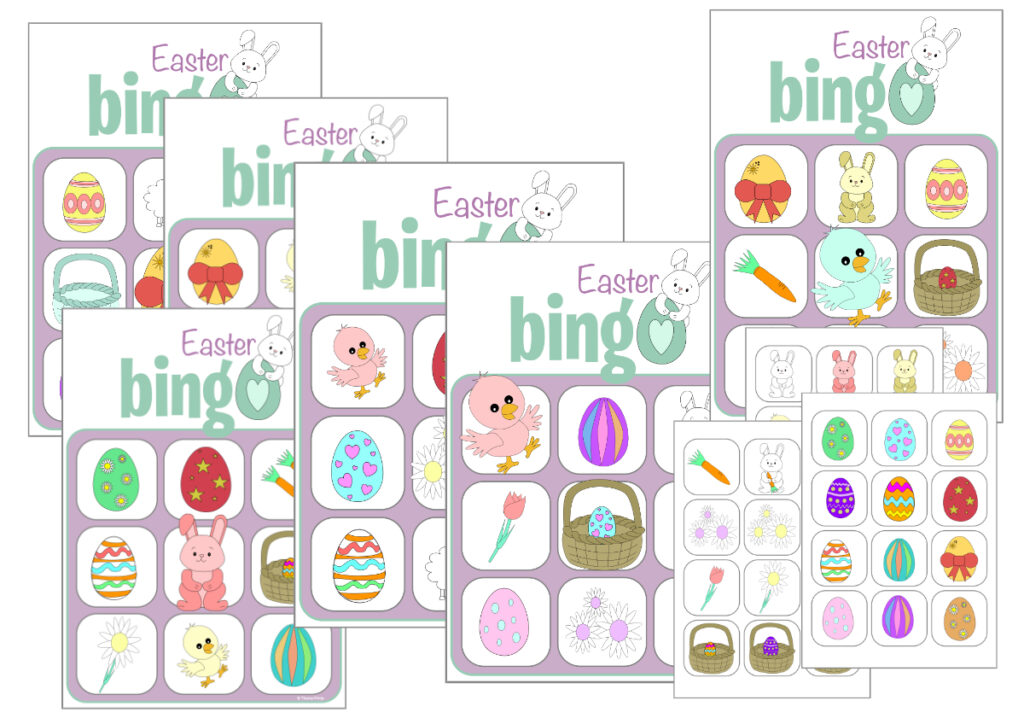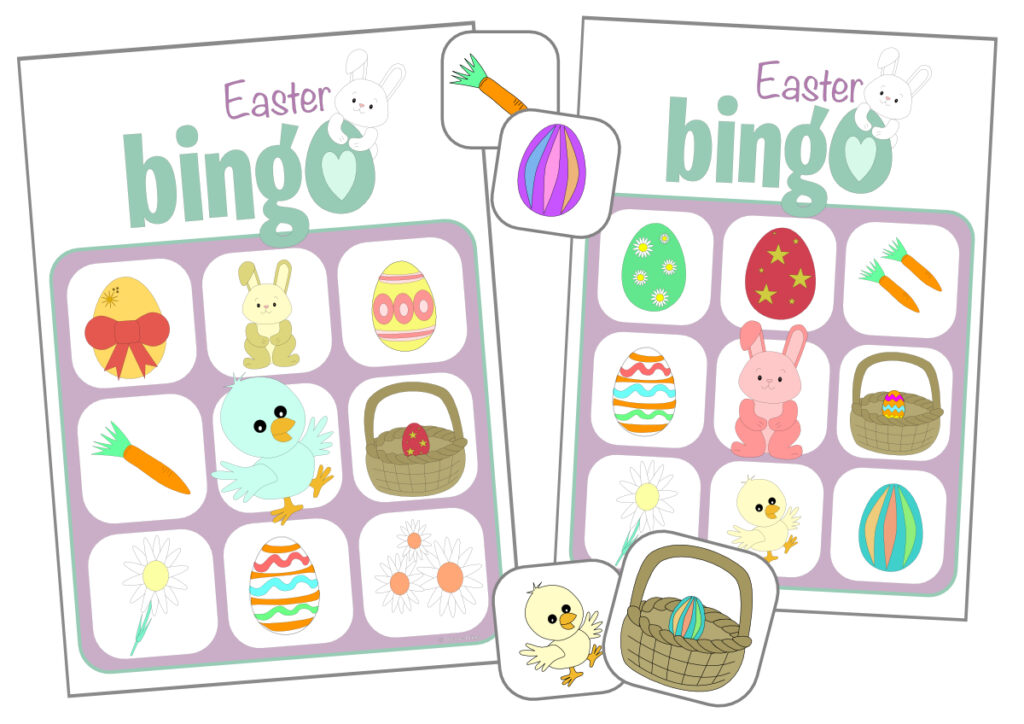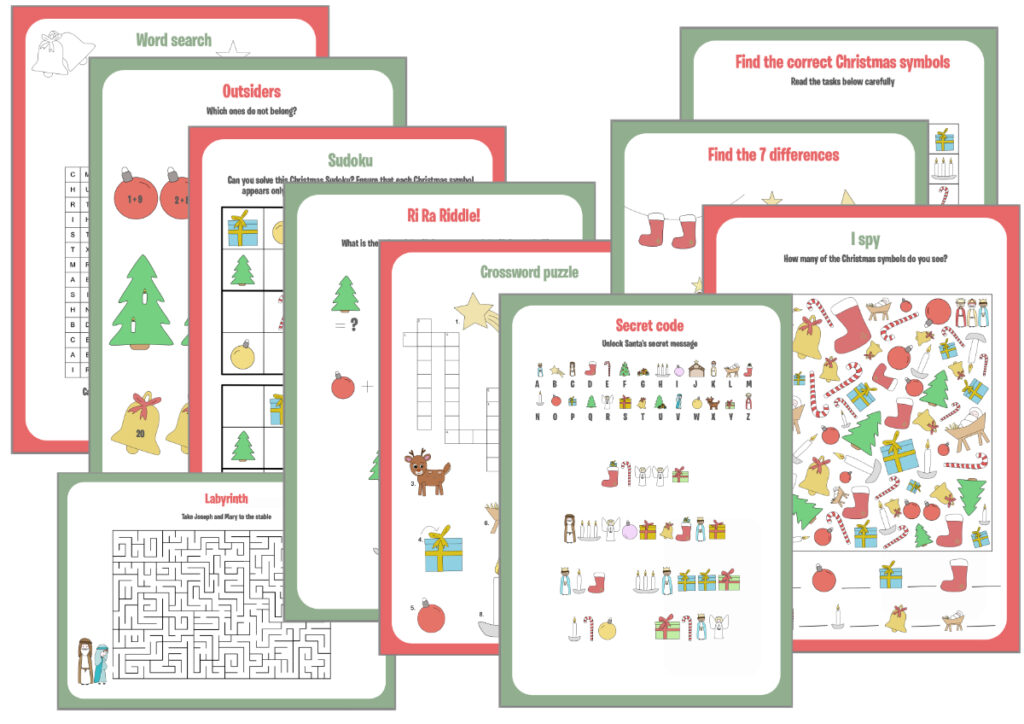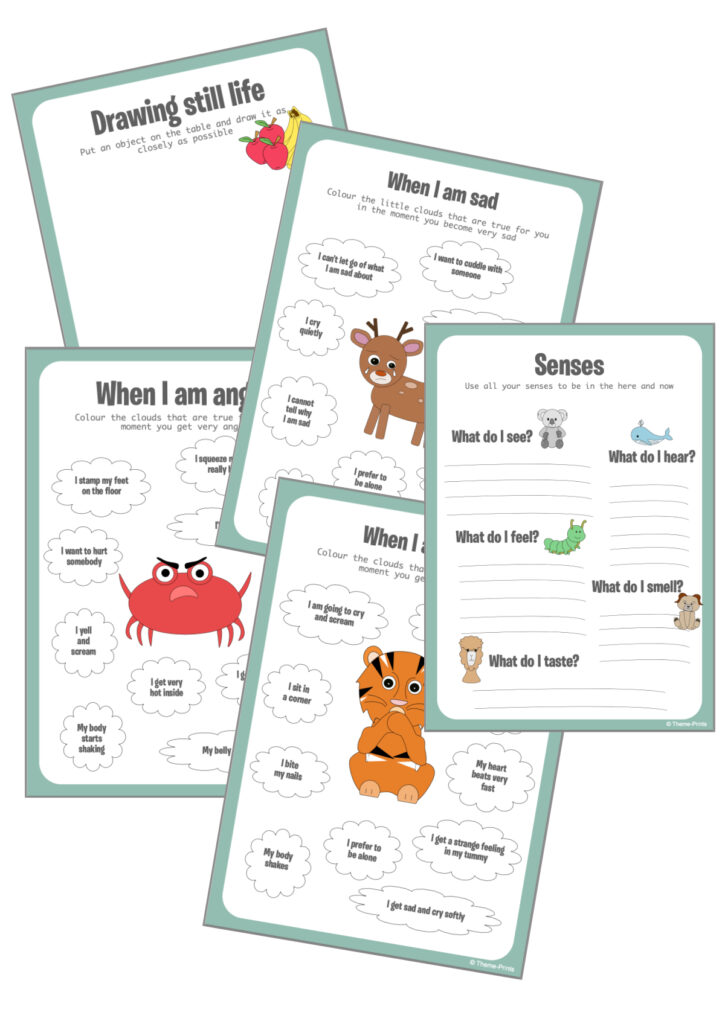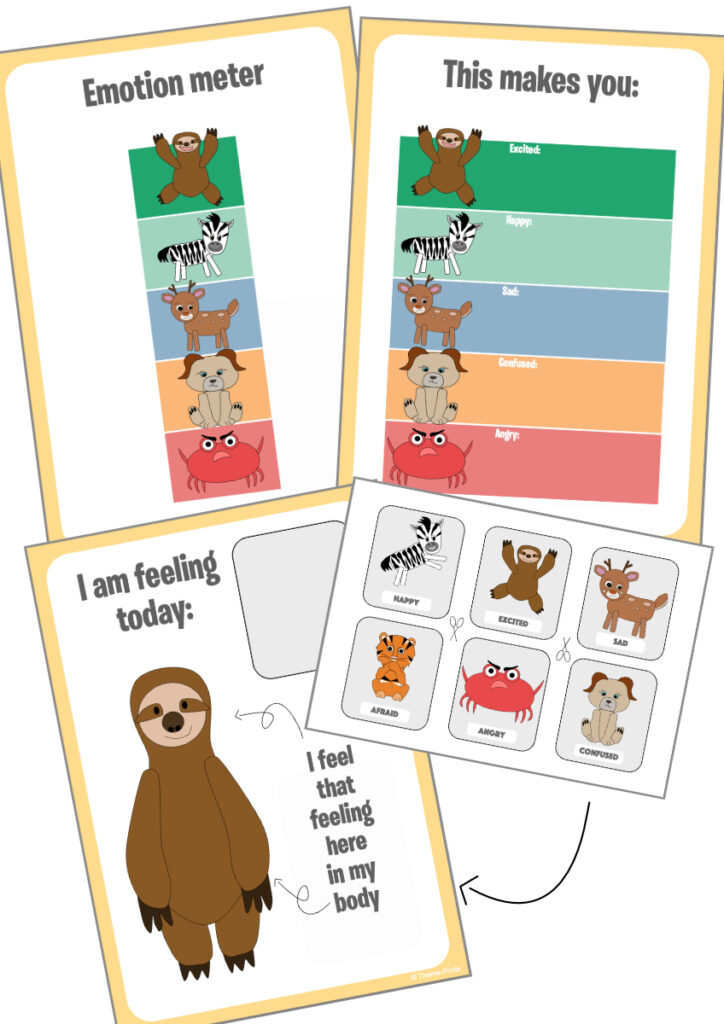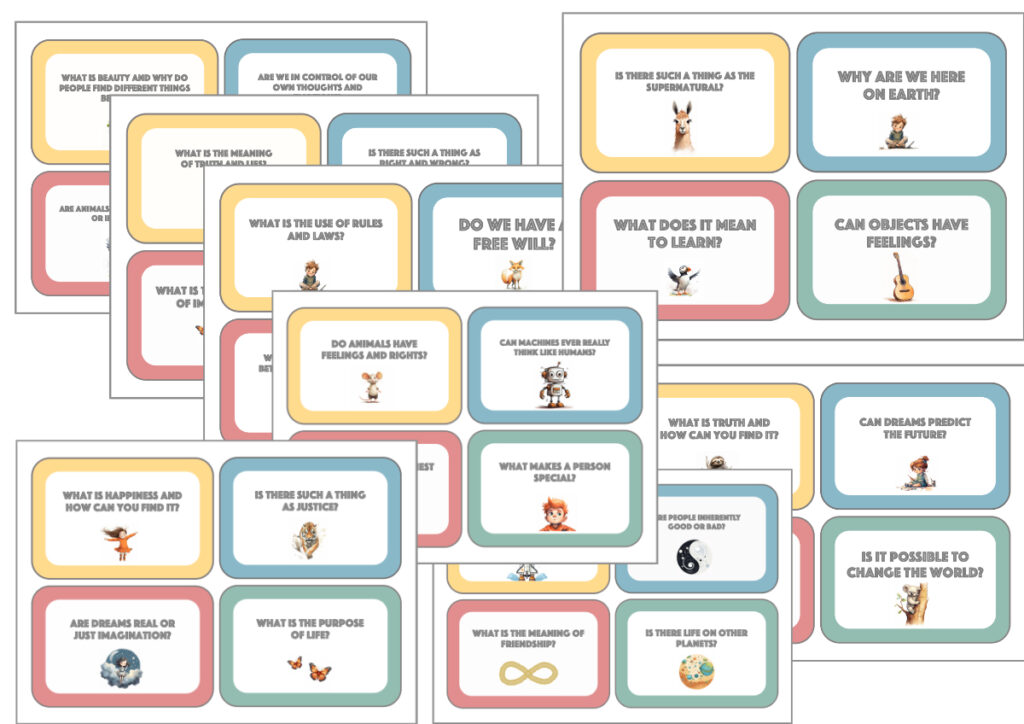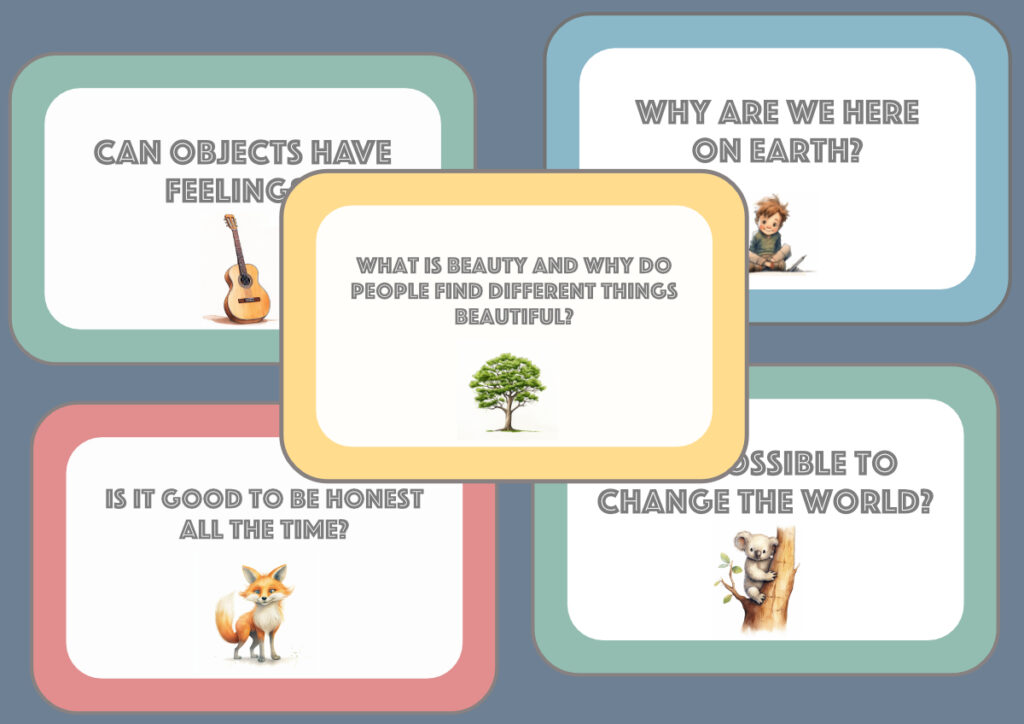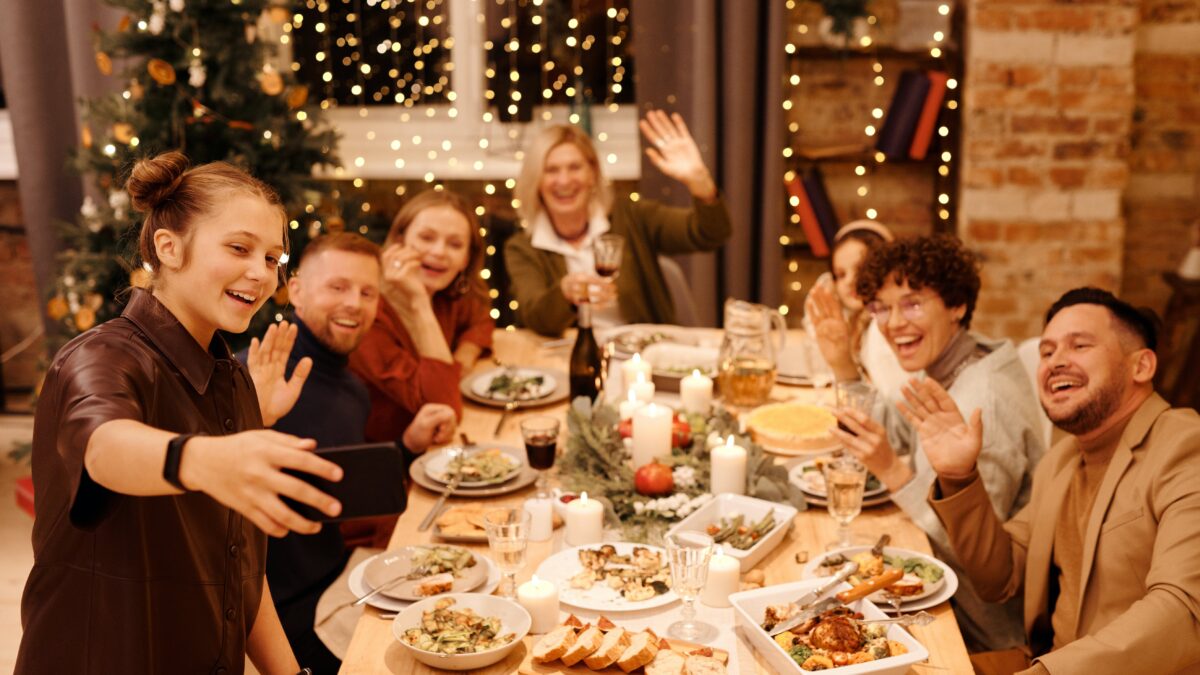Taking your child’s emotions seriously, Why should you?
Parenting is a rollercoaster. As a parent, you often find yourself facing the challenging task of seeing the world through your children’s eyes. A crucial aspect of this approach is taking your child’s emotions seriously. But why is this so important? Why should you invest time and energy in understanding what is going on in your child’s heart?
Emotional Development
Emotions are a child’s natural language, and taking them seriously is crucial for their emotional development. It goes beyond simply calming a tantrum or soothing an angry outburst. It’s all about acknowledging their feelings and providing a safe space for them to learn to navigate the complexity of emotions.
First and foremost, it’s important to understand that, like adults, children experience emotions in response to various situations. However, they are still learning individuals, and their emotional skills are still in the developmental stage. By taking your child’s emotions seriously, you teach them that it’s okay to have feelings and that they are allowed to express them.
One good reason to take your child’s emotions seriously is building trust. Children who feel that their emotions are understood develop a stronger trust in their parents. They know they can turn to their parents not only for physical needs but also for emotional support.
Additionally, taking emotions seriously is beneficial for the development of emotional intelligence. By talking to your child about their feelings, you help them understand and recognize the nuances of different emotions. This lays the foundation for empathy, self-awareness, and effective communication later in life. The worksheets from our mindfulness printables are a helpful tool in establishing this foundation.
Ignoring or minimizing emotions
On the other hand, ignoring or minimizing your child’s emotions can lead to frustration, misunderstanding, and the suppression of feelings. This can result in long-term emotional issues and difficulties in expressing needs and desires.
Taking emotions seriously doesn’t necessarily mean always agreeing with your child or abandoning all rules. It’s about being open to your child’s feelings and teaching them how to cope with them. It reassures your child that they are heard and understood.
Taking your child’s emotions seriously is a powerful tool to help them grow into a resilient and self-aware individual. Fortunately, more and more parents are taking this seriously. Because why wouldn’t you take your child’s emotions seriously? It is, after all, the key to a strong emotional bond and a healthy emotional development for your child.




